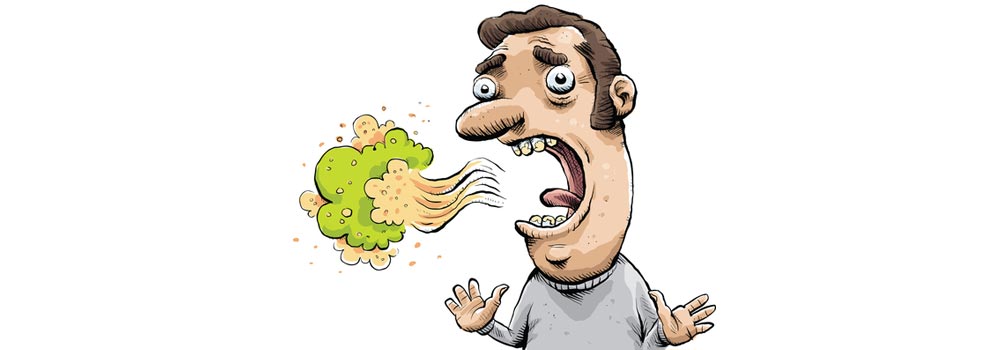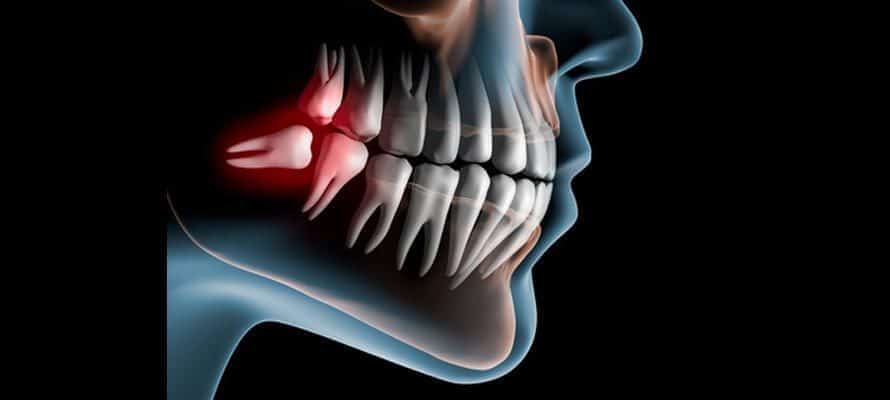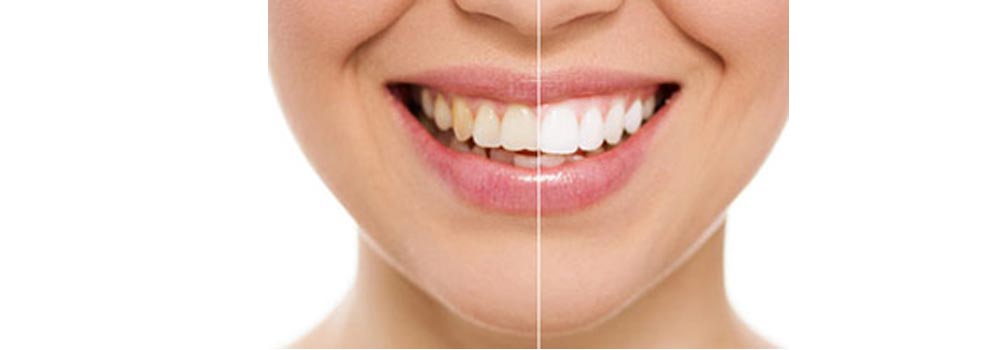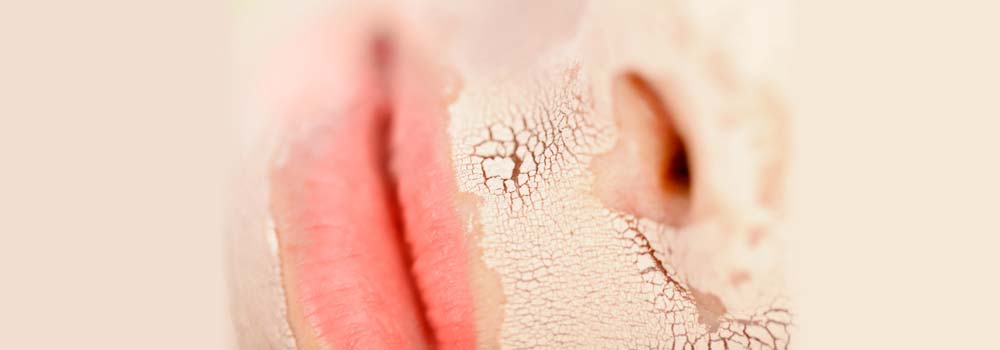Oral health problems can negatively affect your overall health, so it is important to take care of any oral-relatd problems.
In this article, we will discuss the 5 most common oral health problems and how to treat them.
Bad Breath
Knowing you have bad breath can be very embarrassing, but it is good to know that almost everybody has experienced it once in their life.
Bad breath is one of the most common problems on the list of oral health problems and one that is easily noticed. Around 1 in 4 people have bad breath (also called halitosis) on a regular basis and it is estimated to be the third most frequent reason while people inquire dental care, only second to gum disease and tooth decay.
See also
[display-posts id=”71″ wrapper=”div” image_size=”thumbnail-extrasmall”]
Cause
There are a number of reasons for bad breath to occur:
- Bad breath is most often caused as a result poor oral hygiene. We all have bacteria in our mouths that need to be controlled. These bacteria break down the sugars and starches of the food left in the mouth after eating. As they do this, they respire and release gases that causes your breath to go bad.
- Persistent bad breath could be a sign of gum disease.
- Another cause for bad breath is consuming strongly flavored foods, such as onion and garlic, as well as drinks like coffee. Smoking and drinking alcohol can as well cause breath to smell bad as well.
- Crash dieting, fasting, and diets low in carbohydrates are another possible cause of bad breath. This is because the body is consuming fewer foods that provide energy, so it then needs to start breaking down fats as an alternative source of energy. This process creates ketones that can cause your breath to smell.
- Also if you have dry mouth due to a lack of saliva production it causes the number of bacteria in your mouth to increase, since saliva contains multiple enzymes that battle bacteria. This is why your breath smells bad after just waking up because saliva is produced less when you’re asleep.
- Lastly, bad breath can occasionally arise after an infection or illness or as a reaction from using certain types of medication.
Treatment and Prevention
- First and foremost, it is important to visit your dentist, since you might have a medical condition causing bad breath.
- To treat and prevent bad breath, it is essential that as a part of your daily oral hygiene routine you brush all surfaces of your teeth. You should always take the time clean the rough surface of your tongue.
- Flossing is always very important to maintain a good oral health and prevent bad breath. Flossing helps to clean out the food between your teeth and not giving the chance for bacteria to break it down. Also, your brush cannot reach the areas between your teeth, and flossing helps to remove plaque from between the teeth.
- Buying an electric toothbrush will greatly improve your oral health since it is more effective at cleaning both your teeth and gums.
- Giving up bad habits like smoking, refraining from drinking alcohol and avoiding strongly flavored food and drinks will instantly help. It will also benefit your overall health in general.
- Eat foods that are good for your teeth.
- Drinking water can stop your mouth from getting dry and this will slow down the buildup of bacteria.
- Sugar-free chewing gum also increases the flow of saliva and protects your mouth.
Tooth Sensitivity
Description
Most people have experienced what sensitive teeth feel like. You have most likely felt it when eating or drinking something cold. For some people, this can be a bit more severe.
Sensitive teeth are caused by the gradual exposure of the dentine, which is the layer of the tooth under the hard layer of enamel. The dentine is softer than the tooth enamel and is sensitive to temperature and acidity.
This sensitivity is because the dentine is covered with tiny tubes that lead to the nerve at the center of the tooth and can be agitated by changes in temperature, pressure or eating acidic and sweet foods. This causes pain and discomfort which usually leaves after a while.
Cause
- One of the causes of teeth sensitivity is when the enamel is worn away by brushing with a hard-bristled toothbrush
- Brushing the gums too vigorously can wear them away causing them to recede and the dentine to be exposed. Gum disease can also cause gums to recede.
- Brushing the teeth soon after eating acidic foods can soften the enamel, leading it to be worn away by brushing your teeth.
- Also, grinding or clenching your teeth can wear down the enamel, exposing the dentine and causing your teeth to become sensitive.
See also
[display-posts id=”4914″ wrapper=”div” image_size=”thumbnail-extrasmall”]
Treatment and Prevention
- One way of treating sensitive is by using toothpaste that isn’t abrasive and specifically created for treating sensitive teeth.
- Eating a diet low in acidic foods and drinks will also reduce discomfort.
- Rinsing with a fluoride and antiseptic mouthwash to prevent the enamel.
- Using a soft-bristled toothbrush is less abrasive and better for your gums.
- If you grind your teeth at night try using a mouth guard and make sure to visit your dentist.
Teeth Discoloration
Description
Having yellow teeth can make you feel unattractive because they are quite different from the pearly whites everybody wants. If you would like to change this it is important to first understand what causes the discoloration.
Teeth discolorations are usually stains on the enamel, which is the hard surface of the tooth. Any yellow tints to brown spots or white streaks and pits are referred to as discoloration. In some cases when the enamel has eroded away, the dentine shows a yellow tint.
See also
[display-posts id=”926″ wrapper=”div” image_size=”thumbnail-extrasmall”]
Causes
One of the types of stains is an extrinsic (outer) discoloration. This is when the enamel is stained.
Intrinsic discoloration happens when the enamel erodes showing the inner part of the tooth, or when the dentin darkens.It is of great importance to visit your dentist when your teeth start to show discoloration since there can be underlying (medical) problems that need to be addressed.
Causes of Extrinsic Stains
- Foods and drinks like coffee and wine can cause discoloration. Teeth naturally stain because of drinking and eating over the years.
- Smoking is also a cause of surface stains.
- Poor oral hygiene can make your teeth start to show discoloration
Causes of Intrinsic Stains
- You were exposed to tetracycline antibiotics when you were young or your mother took them while she was pregnant with you
- As you age the dentin darkens naturally over time.
- Also, the enamel over the inner tooth gets thinner allowing the yellow of the dentine to be more visible.
- If you had an accident and internal bleeding caused discoloration
In some cases, discolored teeth are caused by a combination of intrinsic and extrinsic factors.
Treatment and Prevention
- It is recommended to rinse your mouth with water after drinking coffee and wine or other foods that can stain your teeth.
- Regular cleaning by a dental expert will help keep teeth white after any recent staining.
- Keep your teeth clean
- If you like to get your teeth white again, it is strongly recommended to visit your dental professional.
For intrinsic stains, the abovementioned treatments will not work.
- An option, in this case, is to get veneers or crowns. These are thin ceramics caps or shells that cover the tooth.
- A restorative method called bonding is an alternative. This is applying a tooth-colored composite resin that is applied to the stained tooth and is then smoothed out and polished.
See also
[display-posts id=”5107″ wrapper=”div” image_size=”thumbnail-extrasmall”]
Dry Mouth
Description
The purpose of saliva is more important than you might think. Not only does it moisten our mouths, but it helps cleanse it and digest food. However, when there is not enough saliva present your mouth gets dry and uncomfortable. In addition, it can have negative effects on your oral health as well.
See also
[display-posts id=”65″ wrapper=”div” image_size=”thumbnail-extrasmall”]
Common symptoms include:
- A viscous stale feeling in your mouth
- Being thirsty regularly
- Cracked lips and split skin at the side of the mouth.
- A dry, sore feeling throat.
- Burning feeling on the tongue
- A dry, red tongue
- Troubles with tasting, swallowing, speaking or chewing.
- Bad breath
Causes
- One of the causes of dry mouth are that it is a side effect of certain medications
- Dehydration
- Smoking or chewing tobacco can affect how much saliva you produce
- Breathing with your mouth open
- Certain medication can cause a dry mouth, such as chemotherapy.
- It can also be a side effect of certain diseases like Sjogren’s syndrome.
Treatment and Prevention
- Chewing gum will help increase saliva flow.
- Drinking water will help keep your mouth moist.
- Breath through your nose instead of your mouth as frequently as possible.
- Have room vaporizer in your bedroom to add moisture to the air.
- Use an artificial saliva substitute in the form of an oral rinse.
- If your dry mouth is caused by medication or a disease, consult your health professional for specific solutions.
Jagged, cupping and rounded teeth

Do you notice your teeth appear jagged, cupped, round or unusually shaped? This can be caused by an accident. Do you have a dental emergency? See our dental emergency 101 below.
See also
[display-posts id=”1589″ wrapper=”div” image_size=”thumbnail-extrasmall”]
Tooth erosion can also be the cause of this. Read our full post on tooth erosion below.
See also
[display-posts id=”470″ wrapper=”div” image_size=”thumbnail-extrasmall”]





